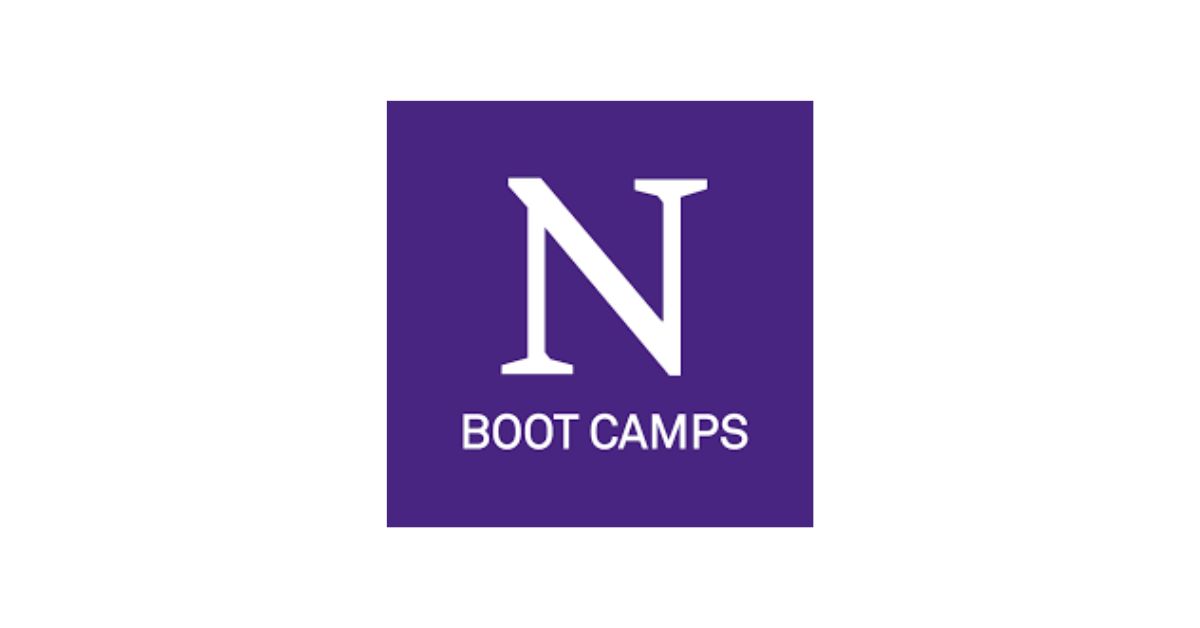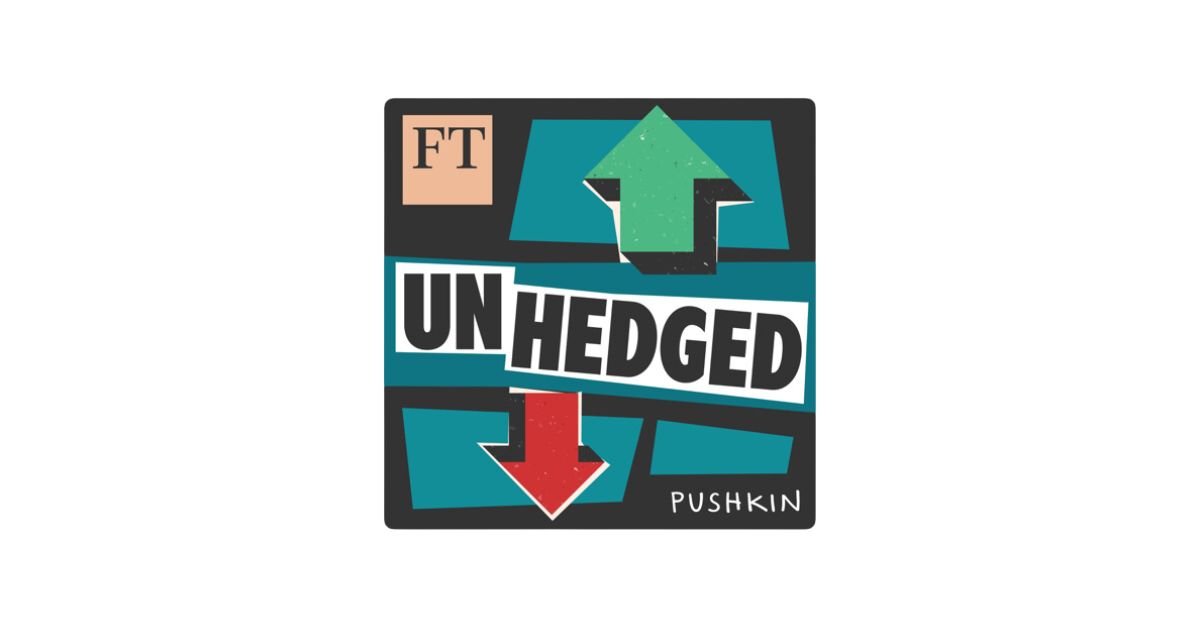Financial Security Explained: Types, Examples, Meaning
March 16, 2024, 8 min read
Acquiring financial stability has emerged as a primary objective for people and their families alike, given the volatility and unpredictability of the current economic environment. The state of being able to cover needed bills, maintain a decent lifestyle, and endure unforeseen financial setbacks without putting one’s health in jeopardy is referred to as financial stability. In this article, we will investigate the meaning and definition of financial security, and the many different forms of financial security, present some instances and discuss the significance of achieving financial security.
Acquiring an Understanding of Financial Stability
The mental ease that comes from knowing one has sufficient financial resources to meet current and future requirements is an essential component of financial stability. It is not simply a matter of amassing riches; rather, it entails making astute financial plans, maintaining a consistent savings rate, and making well-considered investments in order to secure a financially secure and worry-free future for oneself.
The mental ease that comes from knowing one has sufficient financial resources to meet current and future requirements is an essential component of financial stability. It is not simply a matter of amassing riches; rather, it entails making astute financial plans, maintaining a consistent savings rate, and making well-considered investments in order to secure a financially secure and worry-free future for oneself.
Strategic Financial Planning
Achieving financial security begins with strategic financial planning. This involves setting clear financial goals and mapping out a roadmap to reach them. By defining short-term and long-term objectives, individuals can create a framework for their financial journey. For instance, short-term goals might include building an emergency fund, paying off high-interest debt, and saving for a down payment on a home. Long-term goals, on the other hand, might encompass retirement planning, funding children’s education, and leaving a legacy for future generations.
Consistent Savings Habits
Consistency is key when it comes to savings. Establishing a habit of regular savings, no matter how modest the amount, can lead to substantial financial security over time. Automated transfers to dedicated savings accounts or retirement funds can help ensure that a portion of one’s income is set aside before it can be spent. This disciplined approach to saving not only builds a safety net for unforeseen circumstances but also cultivates a sense of financial discipline and responsibility.
Diversified Investments
While saving is an important step, investing wisely is equally crucial. Diversification is a cornerstone of effective investment strategy. Spreading investments across different asset classes, such as stocks, bonds, real estate, and commodities, helps mitigate risks and enhance potential returns. Each asset class responds differently to economic conditions, and a diversified portfolio can help buffer against market volatility. This strategic approach not only safeguards against financial setbacks but also sets the stage for capital growth over the long term.
Emergency Preparedness
Financial security is not solely about planning for long-term goals; it also involves being prepared for unexpected financial challenges. An emergency fund is like a financial safety net, providing a cushion to absorb unforeseen expenses such as medical bills, car repairs, or sudden job loss. By having an easily accessible fund equivalent to several months’ worth of living expenses, individuals can navigate through tough times without derailing their financial stability.
Investing in Knowledge
One often-overlooked aspect of financial security is investing in one’s own knowledge and skills. Continuous learning and skill development are invaluable assets in today’s rapidly evolving job market. Acquiring new skills, certifications, or pursuing further education can enhance earning potential and job security. Moreover, staying informed about personal finance and investment strategies empowers individuals to make informed decisions and adapt to changing economic conditions.
Insurance as a Shield
Insurance is another essential tool for achieving financial security. Beyond the usual auto and home insurance, there are specialized forms of insurance designed to safeguard against specific risks. Health insurance ensures that medical expenses do not spiral out of control during a health crisis. Disability insurance provides income protection in case of a disability that prevents one from working. Long-term care insurance helps cover the costs of assisted living or nursing care in old age. By transferring certain risks to insurance providers, individuals can protect their financial well-being from unexpected events.
Legacy and Estate Planning
Thinking beyond one’s own lifetime is an integral part of financial security. Legacy and estate planning involve determining how one’s assets will be distributed after their passing. Having a comprehensive estate plan in place ensures that assets are transferred according to one’s wishes, while also minimizing tax implications. This thoughtful approach not only provides for loved ones but also leaves a lasting impact on future generations.
A Holistic Approach to Well-Being
Financial security is more than just numbers on a balance sheet; it encompasses overall well-being. It allows individuals to make life choices based on aspirations rather than financial constraints. Whether pursuing a dream career, embarking on adventures, or supporting charitable causes, financial security provides the freedom to align life with personal values. It fosters a sense of empowerment, reducing stress and anxiety associated with financial uncertainty.
Meaning and Explication of the Term Financial Security
One definition of financial stability is the state of having sufficient financial resources to meet basic living expenditures, fulfil long-term ambitions, and navigate through unexpected financial crises without experiencing severe disturbances to one’s lifestyle. It is characterised by a sense of stability and confidence in one’s capacity to manage and prevail over financial issues. Having financial confidence is characterised by having financial confidence.
Financial securities are financial instruments that reflect a kind of ownership or a claim on an underlying asset or a source of income. They may also be considered a claim on a future revenue stream. They are assets that may be bought and sold on many financial markets worldwide. The use of financial securities significantly facilitates the ability of individuals and organisations to successfully generate cash, mitigate risk, and accomplish various financial goals.
Different Categories of Financial Assets
Stocks represent ownership in a company and give the holder the right to a portion of the firm’s income in the form of dividends and the possibility of capital appreciation.
Bonds are a type of debt security that can be issued by a government, a municipality, or a corporation to raise money. When an investor purchases a bond, they essentially lend the issuer money, for which they will receive interest payments regularly and the principal amount back when the bond matures.
Mutual funds are investment vehicles that combine the capital of several participants to purchase a diverse portfolio of stocks, bonds, and other assets. They make it easy for investors to get diversification by providing access to a wide range of securities in a streamlined manner.
ETFs, or exchange-traded funds, are investments that function similarly to mutual funds but are traded on stock exchanges just like individual equities. They give investors exposure to a wide range of asset types and industries.
Companies that own, manage, or finance income-generating real estate are known as real estate investment trusts (REITs). Individuals who may not directly own properties might have access to real estate markets through investing in real estate investment trusts (REITs).
Options are a type of derivative that allow investors the right, but not the responsibility, to purchase or sell an asset at a predefined price within a specific time frame. However, investors are not required to exercise this right.
Certificates of Deposit (CDs): Certificates of deposit, also known as CDs, are time deposits made available by banks and come with a predetermined interest rate and maturity date. They offer a reliable and consistent means of financial support.
Commodities: Gold, oil, and agricultural products are examples of commodities that can be exchanged similarly to financial securities. They have the potential to act as a hedge against inflation in addition to providing diversification benefits.
Illustrations of Financial Safety and Soundness
Planning for Retirement: Establishing a retirement fund by making regular deposits into retirement accounts, such as 401(k)s or IRAs, is the best way to guarantee a financially comfortable retirement in the future.
Fund for Emergencies: Keeping an emergency fund with enough money to cover three to six months’ worth of living expenses gives you a safety net to protect yourself from unforeseen medical expenses, the loss of a job, and other types of financial emergencies.
Insurance: Buying various types of insurance, such as health, life, and property insurance, protects against unanticipated occurrences and decreases a person’s financial exposure to risk.
A Diversified Investment Portfolio: It spreads its holdings across several different asset classes to reduce risk and increase the possibility of accumulating wealth over the long run.
Paying Existing Debt: Paying off high-interest debt and managing existing debt responsibly contribute to increased financial stability by relieving the stress associated with managing one’s finances.
Education Savings Accounts: The establishment of education savings accounts for the purpose of funding a kid’s higher education helps ensure that the child will have access to a good education without having to take out large amounts of student debt.
The Importance of Having a Safe Financial Position
A more stable and rewarding life can be made possible by acquiring various benefits, including financial security. It reduces stress and anxiety associated with financial concerns by providing a sense of control over one’s financial situation and empowerment over those circumstances. Additionally, having financial security helps people to pursue their goals and make informed decisions without being mainly motivated by financial concerns. This is a significant benefit over the alternative.
Insurance for the Protection of Finances
Individuals and families can be better protected against various financial dangers by purchasing a specialised type of insurance known as financial security insurance. This can include long-term care insurance, which covers the costs of assisted living or nursing care, and disability insurance, which replaces a person’s income if they become disabled and cannot work due to an injury or sickness that prohibits them from working. These types of insurance policies act as a safety net, reducing the likelihood that unforeseen occurrences may result in a severe deterioration in a person’s financial well-being.
Conclusion
Achieving financial security in today’s fast-paced economy is a basic goal that, once attained, brings mental tranquillity and psychological consistency. Individuals can strive towards protecting their financial well-being by first grasping the meaning and definition of financial security, becoming familiar with the various forms of financial securities available, and then putting wise financial strategies into action. The path to achieving financial security is one that should be pursued, regardless of whether it is accomplished through the acquisition of insurance coverage, diverse assets, or disciplined savings. It is important to remember that achieving financial security is not solely about amassing wealth; rather, it is about gaining the freedom to live on your own terms and the confidence to face the future.
















